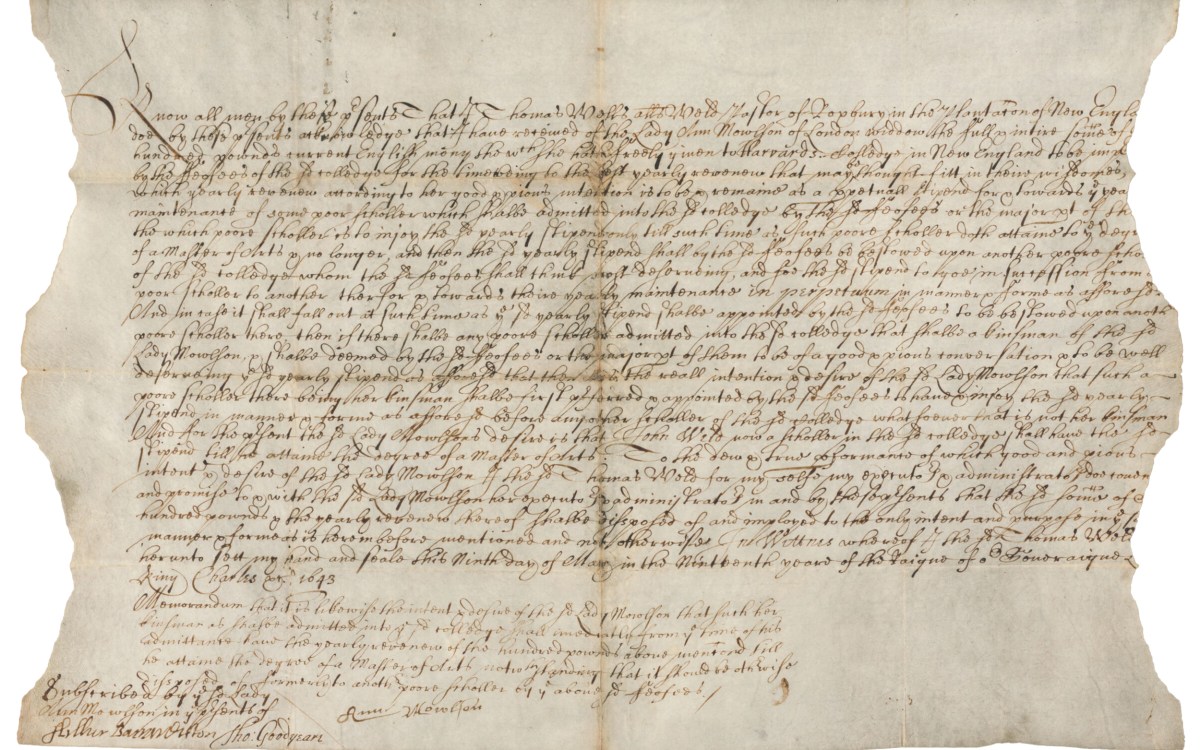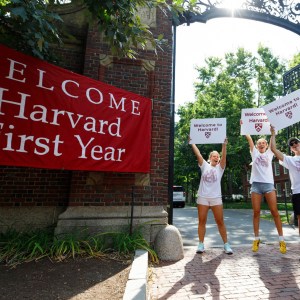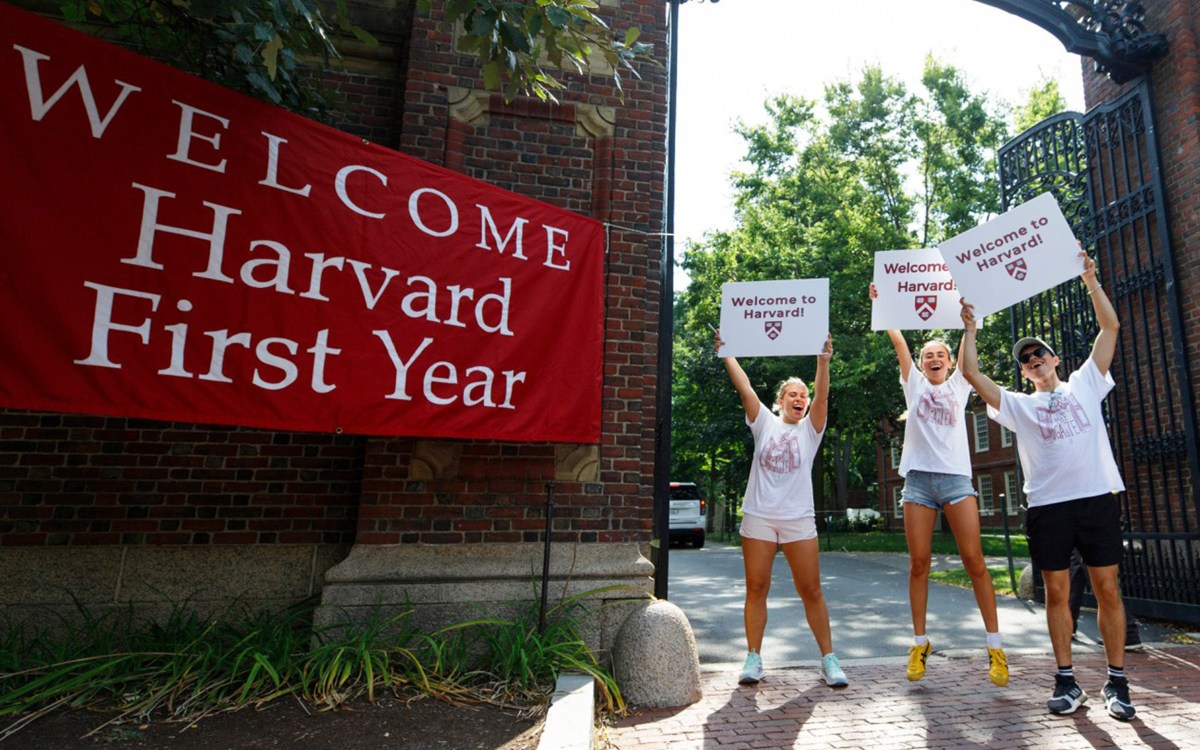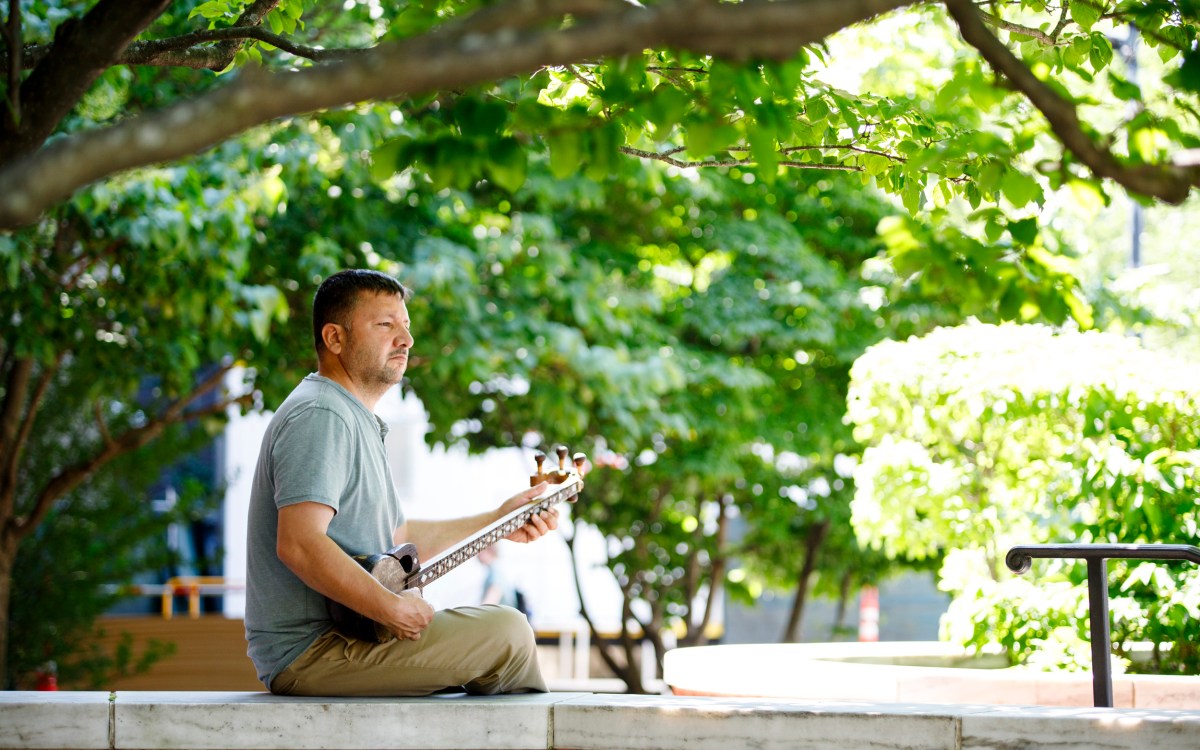Truth commission model subject of symposium
Bosnia, Kosovo, Cambodia, Sri Lanka, Cyprus, Angola, the Sudan, and the Democratic Republic of Congo are among the areas of contemporary conflict to be discussed in an upcoming symposium. Sponsored by the World Peace Foundation (WPF) Program on Intrastate Conflict, Conflict Prevention, and Conflict Resolution at the Kennedy School of Government (KSG) and the Center for Ethics and the Professions, the symposium will be held Wednesday, Oct. 11, at 4:15 p.m. in the Taubman Building at KSG. It is open to the public.
Scholars from several parts of the University will recommend how the truth commission model can be employed to resolve current and future threats to world order.
The symposium will feature addresses by Dean J. Bryan Hehir of the Divinity School; Philip Heymann, James Barr Ames Professor of Law; and Michael Ignatieff, Carr Visiting Professor of Human Rights Practice at the Kennedy School. Robert I. Rotberg, director of the WPF Program, will moderate.
The main addresses will be followed by responses from contributors to the recently published book, “Truth v. Justice: The Morality of Truth Commissions,” edited by Rotberg and Dennis Thompson, Alfred North Whitehead Professor of Political Philosophy. Martha Minow, professor of law, and Charles Maier, Krupp Foundation Professor of European Studies, are among the contributors.
“Truth v. Justice” emerged out of a project of the WPF Program. It examines the meaning, moral foundations, and continuing relevance of the South African Truth and Reconciliation Commission and other truth commissions. The book also includes discussions of restorative justice and the meaning of amnesty. In addition to the Harvard authors, the book contains contributions from South African members of the Truth and Reconciliation Commission, and from political philosophers and legal scholars in the United States and abroad.




